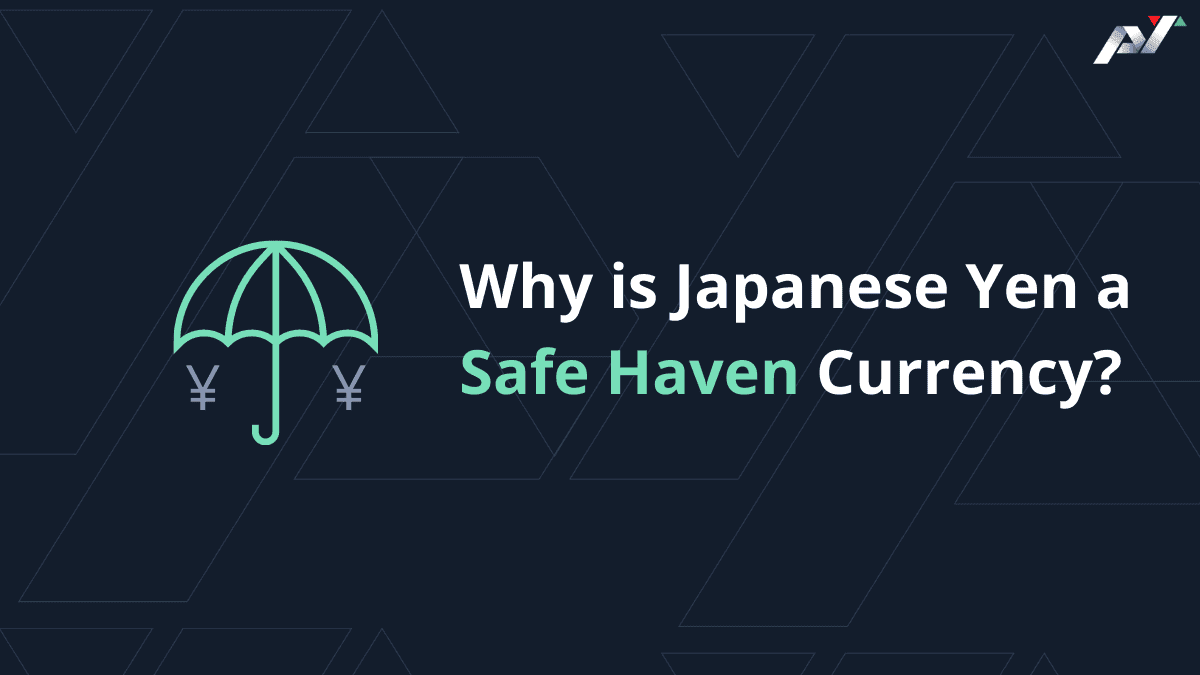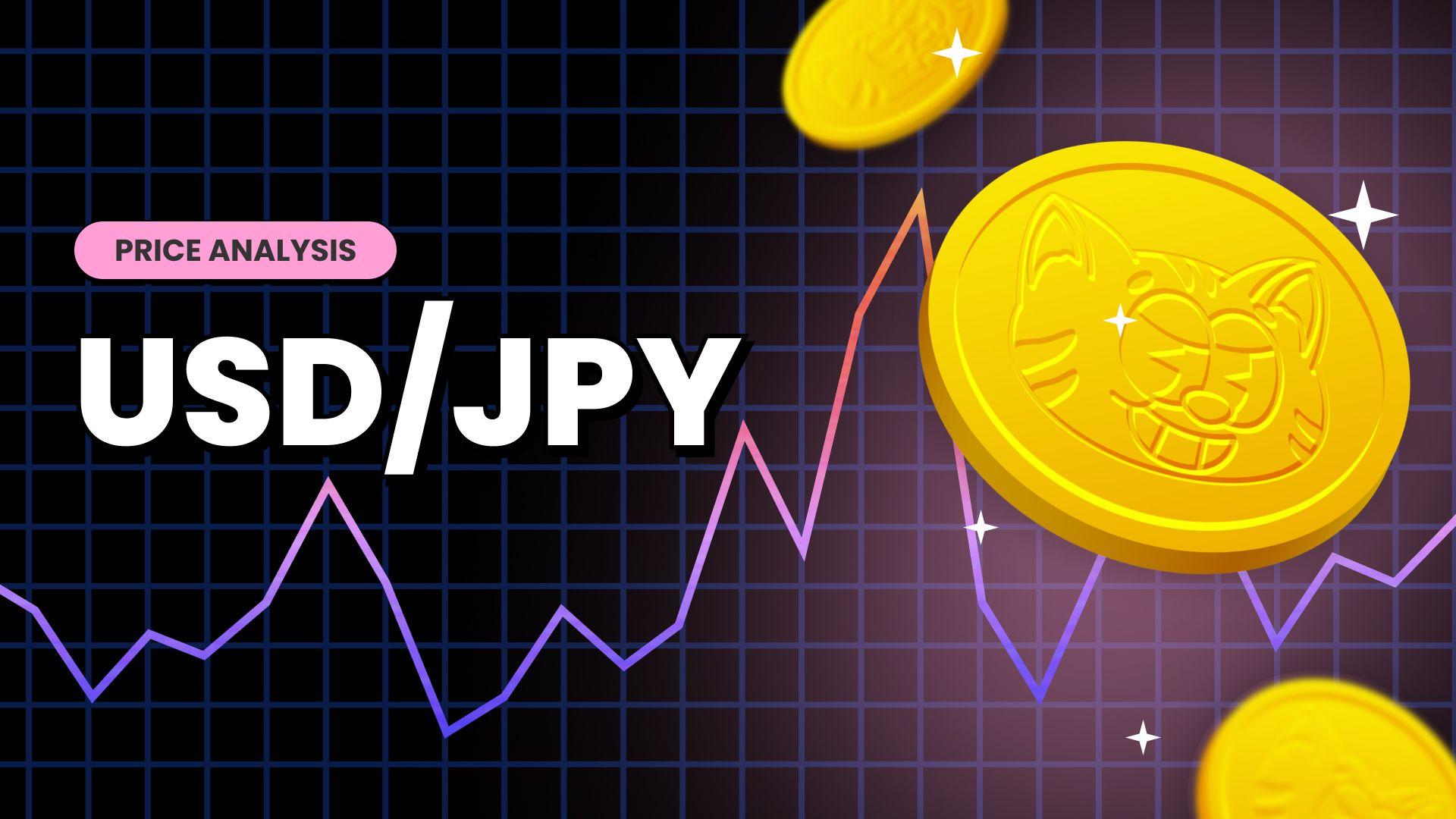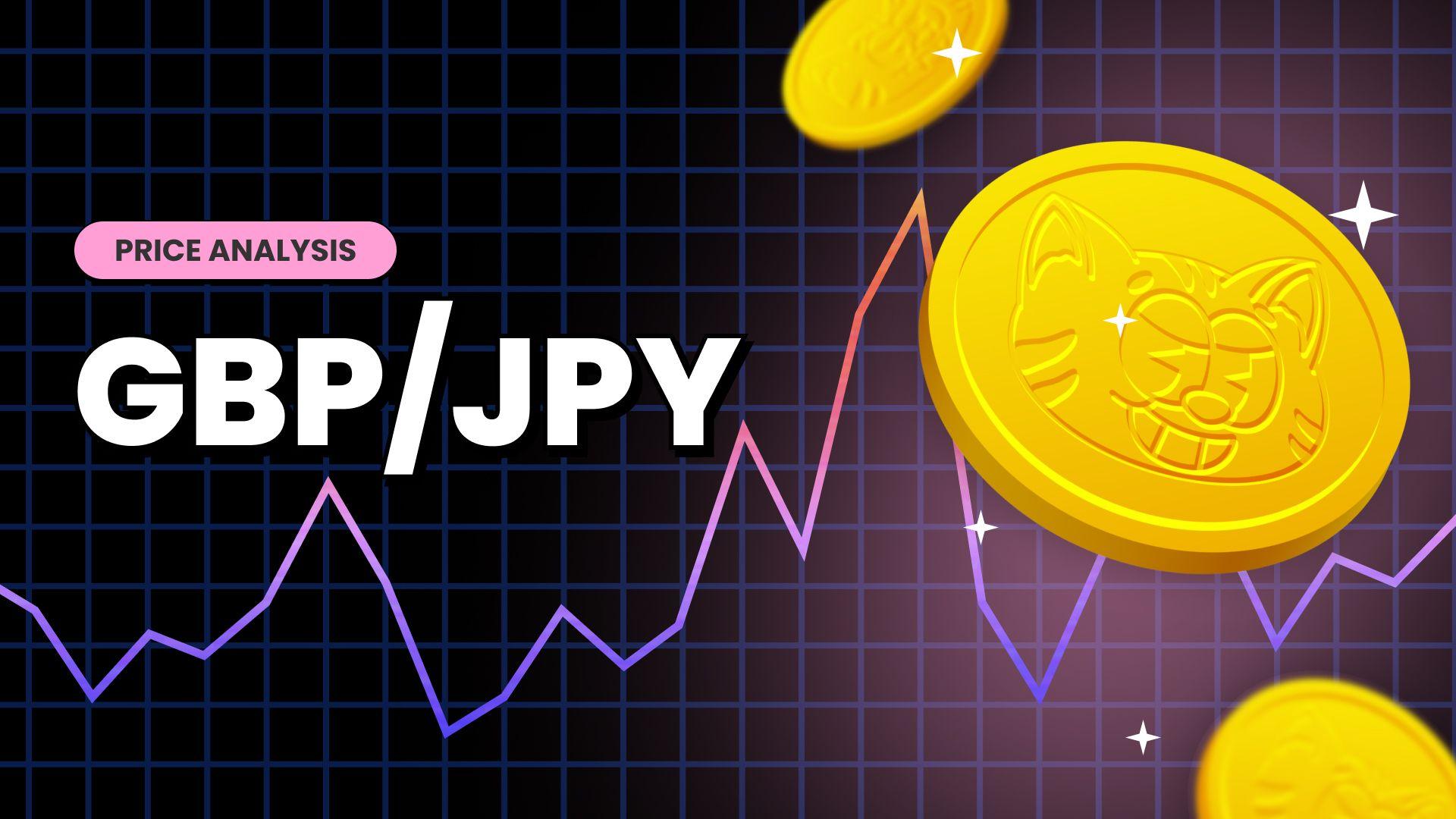Why is Japanese Yen a Safe Haven Currency?






During times of intense market volatility and global uncertainties, such as global pandemics or geopolitical shifts like Brexit, investors seek shelter in safe havens. Amongst many types of assets, the Japanese yen is considered a safe haven currency as it tends to hold its value or even increase during periods of risk aversion.
The strengthening of JPY during these periods has become repetitive and even expected that its status as a safe haven currency is rarely questioned. But why do global investors seek shelter in the Japanese yen, the currency of the world’s most indebted nation?
What is a safe haven?
Before we dig into JPY, we should first define what constitutes a safe haven asset in the first place. A safe haven asset is a type of investment that is expected to retain value or even strengthen during periods of intense market turbulence. Global investors, both retail and institutional, seek shelter in safe havens to limit downward pressures on their portfolios, minimising losses amidst severe market downturns.
During prolonged downturns such as an economic recession, the market value of most investments tends to fall sharply. Such systemic and cyclical events are practically unavoidable, but safe haven assets are uncorrelated or negatively correlated to the broader market which is what provides shelter to investors.
There are a number of investment securities deemed safe havens including:
Gold
Gold is perhaps one of the oldest safe havens with a long track record of historically maintaining its value over time – meaning it also serves as a hedge against inflation. It cannot be printed like paper money during quantitative easing, and it is not affected by monetary policies such as interest rate decisions.
Its liquid market makes it relatively easy to buy and sell and it’s a hard asset with real world uses, having served as a traditional medium of exchange. Although gold did not provide shelter during the immediate COVID-induced market crash early 2020, it has since recovered from panicked investors dashing for cash to cover margin calls.
Government bonds
Because of their lower realised volatility relative to stocks coupled with the highly rated creditworthiness of their issuers, government bonds are considered safe haven assets by many global investors.
Bonds are often referred to as fixed income as a bond usually gives investors a regular or fixed return in the form of interest payments. Because rates are essentially determined by interest rates, bonds are more heavily traded during periods of quantitative easing or when central banks raise rates.
Defensive stocks
Defensive stocks represent parts of the economy that serve consumers no matter what the state of the market is. People will always need to purchase food, basic home supplies and health products. Therefore, companies operating in the utility, healthcare and consumer goods space typically retain most of their value during times of uncertainty.
Bitcoin
While bitcoin still needs to prove itself worthy of the safe haven moniker, the asset is increasingly living up to the expectations of long-time bitcoin proponents. The cryptocurrency did suffer a severe dip during early 2020 along with gold and the rest of the global market, however since then it has secured outsized gains as more notable investors, financial institutions and corporations have begun adding BTC to their balance sheets – both as a safe haven during market volatility as well as a hedge against inflation.
Currencies
Some currencies heavily traded in FX markets are considered safe havens compared to other currencies. During volatile times, investors and forex traders try to limit the impact of market downturns by converting some holdings into safe haven currencies such as Japanese yen (JPY) and Swiss franc (CHF), both on the list of the major currency pairs that make up for most trading volume in FX markets.
Why is JPY considered a safe haven?
There are three main reasons why the Japanese yen is considered a safe haven by many global investors:
- Japan has a positive net foreign asset position. In times of crisis, the story goes that many investors in Japan will want to sell foreign assets to repatriate capital from abroad as a defence tactic. This process puts upwards pressure on the yen causing it to rise in price.
- JPY has zero to negative interest rates, making it a common currency to borrow for the purposes of carry trading (borrowing in a cheap currency to buy assets with higher yields). When there is a crisis, people tend to sell assets and borrow less, which means they close existing borrowing positions which causes the yen to increase in price.
- Lastly, the most unsatisfying reason, the yen is a safe haven because many investors believe it is a safe haven. It certainly has performed as expected in times of crises, but perhaps a reason for that is simply because many people flock to JPY in expectation of the currency retaining value or strengthening. Sometimes, narratives become so embedded in market dynamics that they occur simply because they are widely believed. It happens in equities, venture capital, and even in FX markets.
Is JPY really a safe haven asset?
Using historical data going back to 1997, whenever the S&P 500 falls more than 3% in a week, the Japanese yen gains against the US dollar over 70% of the time. During the global financial crisis of 2008, the Japanese yen appreciated more than 20%, with a further 10% against the euro in 2010 against the backdrop of mounting European debt. Under similar circumstances, JPY gained a further 5% against the euro around Italian elections and 4% against the US dollar in a single day in 2013.
That’s a good track record in favour of the yen as a safe haven. That’s why investors tend to own at least some yen to limit the negative impact from risk asset volatility.
However, the JPY did not appreciate to expectation during the Covid-19 induced global recession. The stability of the Japanese yen did make Japanese investors wealthier in relative terms which meant they were in a better position to convert yen into foreign assets.
According to datasets provided by the Japan’s Ministry of Finance detailing Equity and Debt instruments, Japanese investors bought more foreign equities in March 2020 than they had before in any single month. In fact, it was the exact same story during the 2008 financial crisis: Japanese investors invested heavily into foreign stocks shortly after the Sept 15, 2008 Lehman Brothers bankruptcy date.
Both of these events challenge the first argument for JPY as a safe haven. As it turns out, Japanese investors do not necessarily sell foreign assets during risk-off events. Instead, when global markets tank and investors become illiquid creating the need to sell a lot of assets, Japanese investors are ready to seize the opportunity and snap up assets which have now become cheap.
As for negative interest rates, more currencies now serve as funding vehicles with low interest rates available across the developed world. With increased competition, the yen having low interest rates is no longer a strong argument for being a safe haven.
From a US or European trader’s perspective, there is no need to necessarily borrow in yen to obtain leverage as both USD and EUR yield the same zero base rates. Plus, there is more to the fundamentals of a currency than just interest rates alone. To plot the price action of a currency, FX traders need to consider other factors like capital deficits and surpluses, trade balances, GDP, industrial production and much more.
However, regardless of the first two arguments supporting safe haven status seeming faulty, the third argument still stands. The Japanese yen acting as a safe haven has become so ingrained in the narrative of global markets, that it fulfils that role simply because many investors buy JPY in anticipation of the currency providing shelter – which puts upwards pressure on the yen causing the price to rise and attract further interest from other investors seeking respite from the storm.

